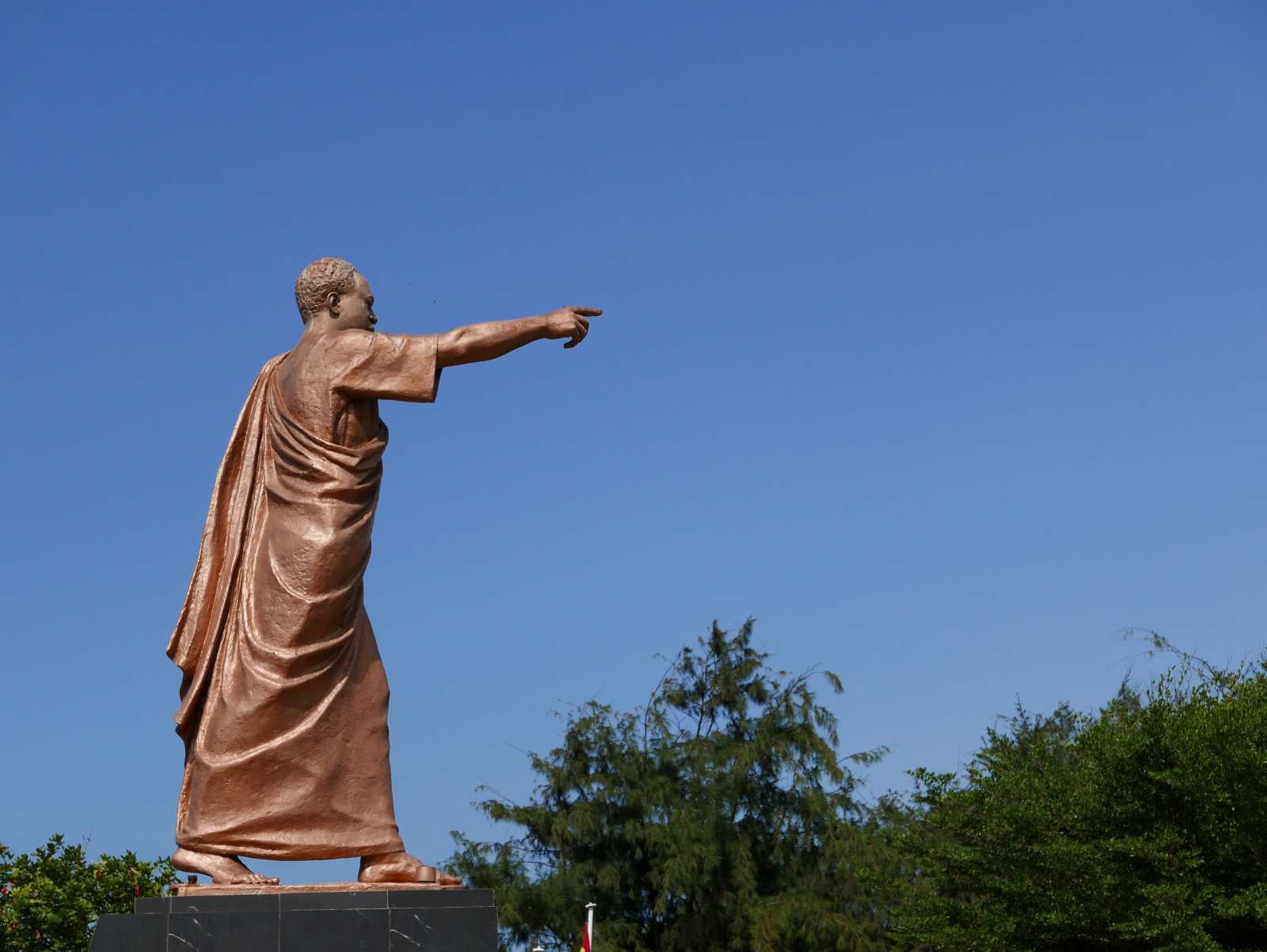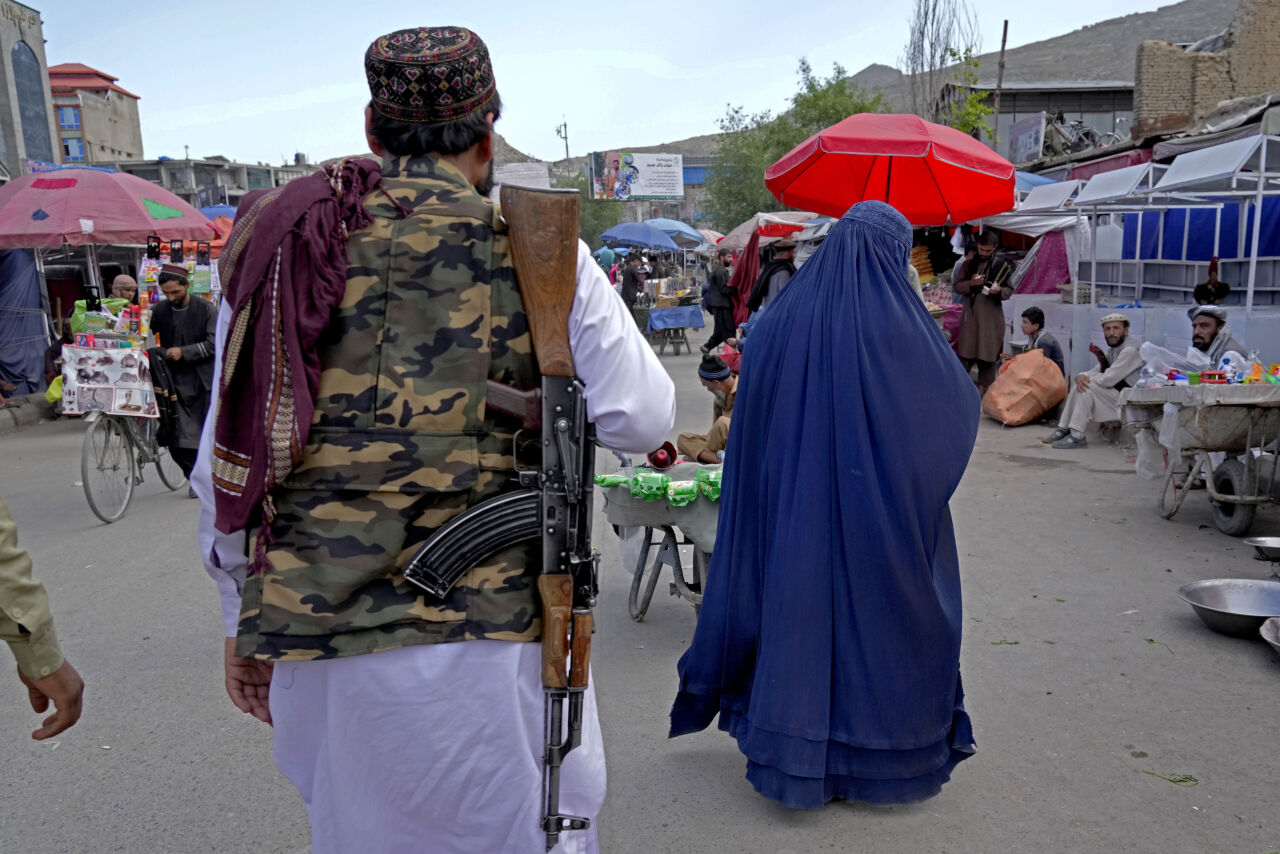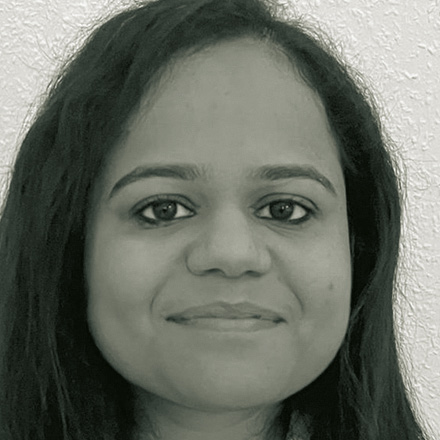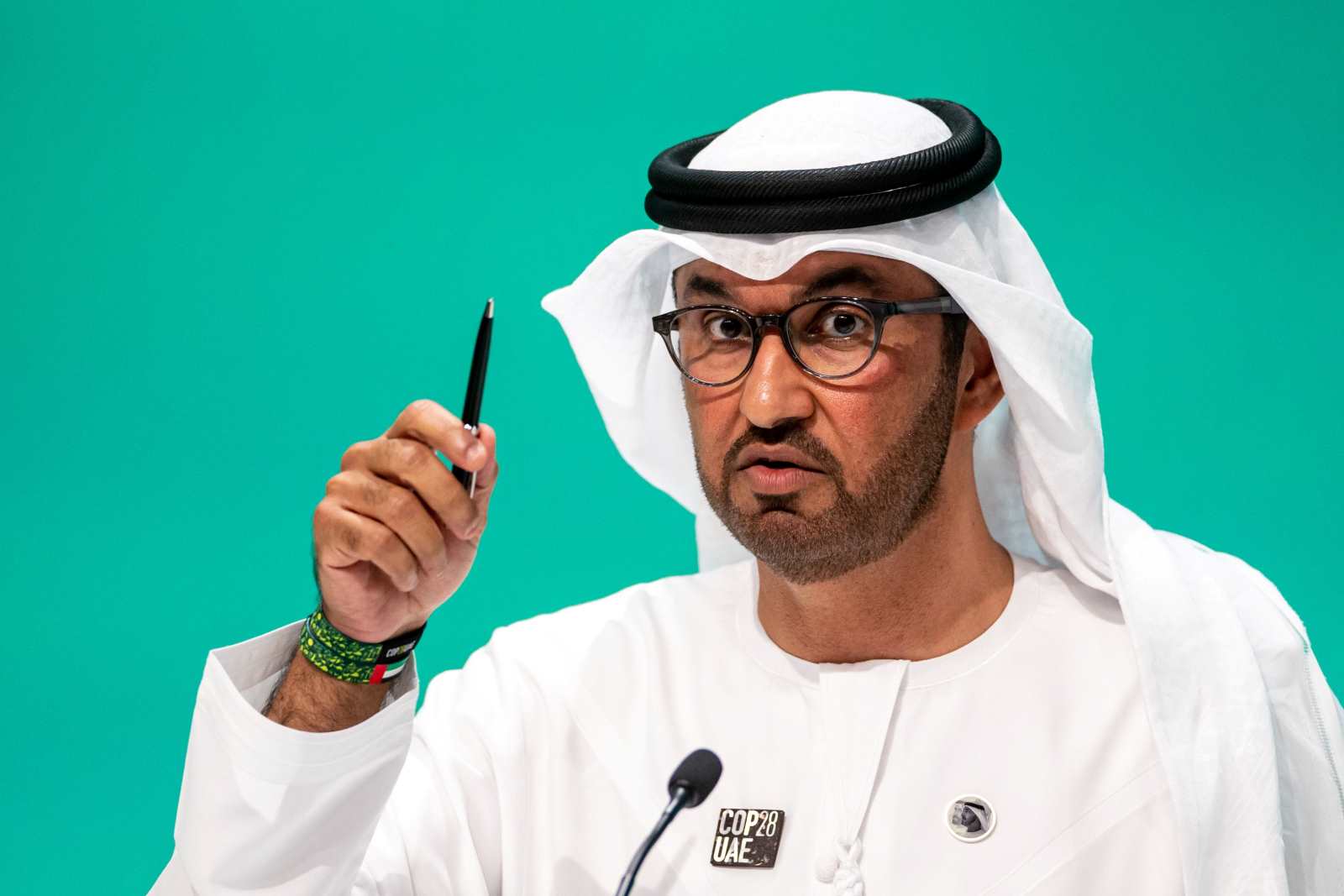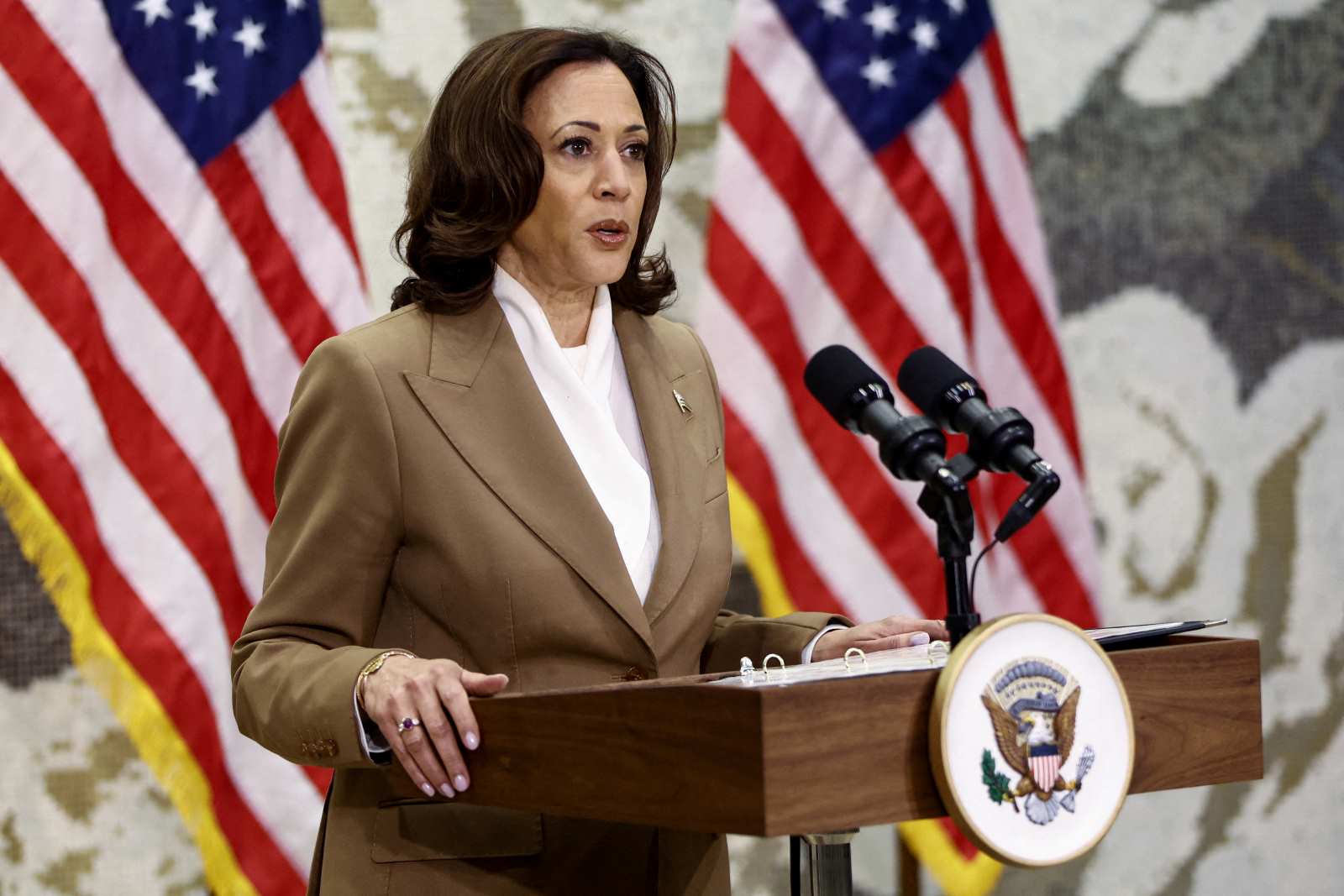Global development
More political literacy would benefit African governance
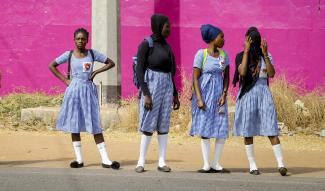
In many African countries, living conditions have not substantially improved – or even deteriorated – since the colonial powers left. Even where economic growth and other formal yardsticks look good, everyday life remains extremely difficult for masses of people.
This is so even though governments regularly come up with development plans that contain all manner of goals. They typically focus on human-development issues such as food security, health and education, which prominently figured in the UN agenda of the Millennium Development Goals (MDGs).
The idea behind African governments’ development plans is always to improve the standard of living. It is unlikely, however, that this is what policymakers really intend when they draft such documents. It is not far-fetched to argue that cash-strapped governments use such plans to secure development funds. They know what donor institutions want to read in proposals. The old adage that “beggars have no choice” fits quite well. If African people’s real needs are considered at all, they typically remain an afterthought.
Development funding needs to be better spent
Many projects indeed do not respond to actual needs. Using a huge Chinese loan, for instance, to build a multi-million-dollar conference centre does little to improve the lives of local people. No matter which bilateral or multilateral institution provides a credit, development funding is often not well spent. The construction of expensive, state-of-the-art hospitals does not make much sense when it is obvious from the start that there will be too few qualified doctors and nurses, drugs will stay in chronically short supply and neither water nor power supply can be relied on.
Most African policymakers’ priority is to get money. They do what they can to gain access to loans and grants. Whether a project can be implemented successfully is of secondary relevance. Politicians know that, once they secure funding, they can squander billions. They can also literally get away with some of that money ending up in their own pockets. At the same time, huge projects systematically increase the debt burden that African nations are shouldering.
Improving education to promote public accountability
The depressing truth is that African people often have no way of holding their political leaders accountable. The vast majority lack even a basic understanding of how the international economic system works. People neither know on what terms loans and grants are secured, nor do they comprehend that their nation as a whole will ultimately be held responsible for repaying debts.
Because of wide-spread ignorance, institutions of formally democratic governance cannot work properly. Education must improve if government corruption and the mismanagement of public funds are to be curbed in Africa. Formal schools, the media and civil-society campaigns can all contribute to improving economic and political literacy.
Every African country needs a civic culture that empowers people to hold officialdom accountable. Donor institutions would be well-advised to do much more in support of related efforts. As things are, recipient governments tend to focus on lining their pockets.
Global development means serving the needs of the poor
Donor institutions should back off from the tailor-made, policy-centred development guidelines that are drafted in their capital cities and are motivated both by geopolitical interests and profit motives. The focus must be on the immediate needs of target populations in poor world regions.
While we cannot expect pure altruism from donor countries and multilateral agencies, it is worth pointing out that more stringent monitoring and evaluation would help them achieve their goals.
In past decades, there has been much talk about the participation of target groups in development action. The ownership of developing countries has been emphasized too. Nonetheless, programmes and projects are still largely marked by what foreign experts at donor institutions believe to be appropriate.
There are, of course, well-intentioned policymakers in Africa too. However, the way things are organised, they struggle to make a difference. Too often, formal democracy does not result in true representation of the people. The big challenge is to draft development plans that are fit for purpose and can be implemented in a sustainable manner. An understanding of what is going on at the grassroots level is essential.
Baba G. Jallow is the inaugural Roger D. Fisher fellow in negotiation and conflict resolution at Harvard University’s law school and the former executive secretary of Gambia’s Truth, Reconciliation and Reparations Commission (TRRC). He launched Gambia’s independent Never Again Network.
gallehb@gmail.com


